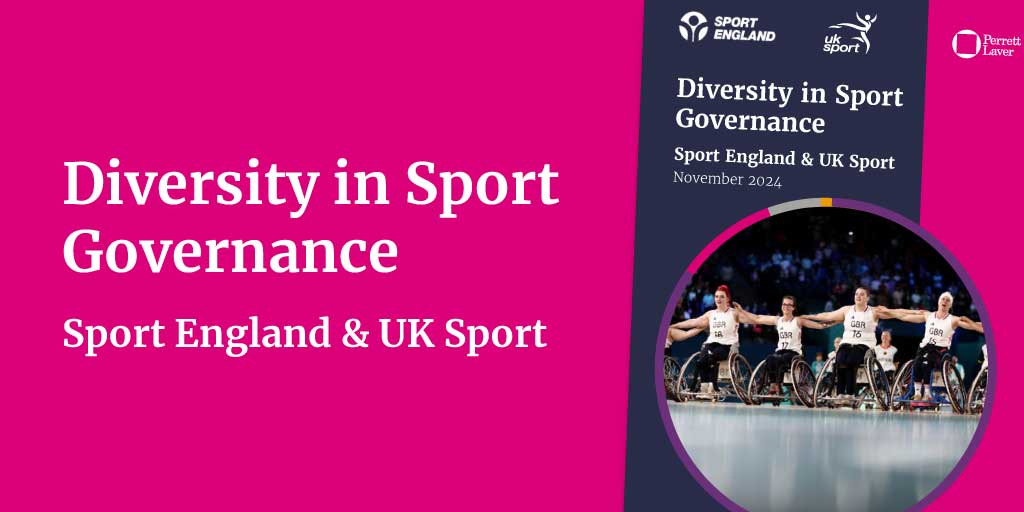Your business is only as good as its people. The pandemic and its impact on the economy has created challenges for the sector to retain and recruit great people. The demand for physical activity and creative outlets for children and young people is now higher than ever.
The industry needs to prepare for dealing with the pent up demand. Exploring and utilising the current employment and training incentives available is a great way to find or upskill new or existing talent.
Historically the sector has been a pioneer in creating employment opportunities for young people and graduates. To help the UK labour force bounce back, the government have updated their initiatives to recommit funding to target young people entering an uncertain jobs market.
There are seven employment initiatives available through the ‘Plans for Jobs Guidance’. These initiatives provide employers with resources to hire new staff at a fraction of the cost and an opportunity to upskill existing staff.
The work-based training programmes are an opportunity to inject talent or skills into your business. Utilising these initiatives can provide your business not only with extra help during a difficult period but can act as part of your long-term plans to grow your business.
The Challenge
Even though businesses are opening up, coronavirus concerns are by no means over. Bubbles, cleaning rituals, masks and social distancing will remain crucial to keeping your staff and participants safe. You will need to register for testing packs and keep channels of communication open to manage compliance at schools.
Coupled with a need for growth, this poses additional challenges including, scaling and training your team and coordinating the increased administration required to ensure compliance with the new expectations for safer delivery and recruitment practices.
It is essential employers provide structure, mentorship and reporting systems for new employees. Students in vocational subjects have suffered the most where inconsistent teaching has been concerned. The physicality and practicality of these subjects demand a level of in-person interaction which has not been possible.
77% of 16 -18-year-olds are between 1 and 4 months behind, and 69% of adults are in a similar position. Hiring has its positives and negatives but, in the short term, it will require far more support than maybe you have done in previous years.

The key steps to using government employment initiatives
1. Planning the types of work or projects you require additional capacity or resource
The first port of call is to assess your needs with a focus on impact and ROI. Create a basic plan of necessities, outlining short-term and long-term goals to identify those short term projects that may suit work placements.
You can use the work placements to fill digital marketing projects or admin projects that may have fallen by the wayside, knowing that this person could be in the market for full-time work when they finish their qualification.
In addition, this is a solution to increasing your capacity for seasonal holiday camps to cover any additional need for sports coaches or dance instructors.
2. Determine how the benefits fit into your business plans
Growing your team to solve a short term problem without adequate planning could impact your business in the future. However, with enough foresight, there are also huge benefits, which include:
- Supporting your existing employees with upskilling through apprenticeships
- Improving your business productivity with new motivated staff
- Providing your business with financial assistance to continue to employ a staff member(s)
- Developing a pool of talent within your local community specific to your needs
- Avoiding recruitment costs by working with local colleges or universities
- Hiring qualified persons with a presence in virtual job fairs
- Supporting young people with training and skills
- Providing mentorship programs and offering your employees that skillset
Choose more than one benefit and see how single or multiple options might meet your objective. If looking at developing a pool of talent, you can consider upskilling current staff with apprenticeships in addition to taking on work placement students for interim periods.
In this way, you have a body of better-qualified staff working with you, who have already built a rapport with your work placement staff, you now have a current and future cohesive team.
3. Putting structures in place to accommodate training and development
Whether training new or existing staff, you need to prioritise both time and the right environment. Creating a motivational and supportive mentorship structure can maximise your teams’ ability to problem-solve, seek help and become more productive.
Consider how much time is required to complete training and development activities; observing your coaches and instructors lessons to quality assure and mentor your team is ideal. It removes the need for lengthy training and creates an opportunity for feedback and mentorship using real-life examples.
4. Consider what types of skills and qualifications would be best for your business
Here are seven employment initiatives that you can take advantage of that offer various financial and tangible incentives for your business:

- An Apprenticeship provides a skilled job with formal training for at least 12months, for someone who needs to retrain, upskill or has been made redundant. The government offer a financial incentive of £3000 per apprentice hired.
The Level 4 Sports Coach Apprenticeship Standard has now launched. - New T-Level industry placements are the equivalent to 3 A-Levels and are a 2-year program designed for 16–19-year-olds that offers a 45-day workplace placement. Some providers pay up to £750 depending on the region.
- The Kickstart scheme is a 6-month work placement designed for 16–24-year-olds who are at risk of long-term employment, ideal for young participants who are struggling to find work and have connected to your business previously. The scheme is 100% subsidised by the National Minimum Wage (NMW) or the National Living Wage (NLW).
- A Sector-based Work Academy Programme (SWAP) is a pre-employment training tailored to your recruitment needs. Pre-employment training is run off-site or online and includes a 6-week work placement in your business.
- Explore the National Careers Service who can provide you with work or skills opportunities for your business that are a part of the skills recovery package. This service is free to use.
- Traineeships provide 16–24-year-olds with skills specific to your business and can last from 6 weeks to a year. Each young person must be afforded at least 70 hours in your business, paid at £1000 per young person.
- Level 3 qualifications for eligible adults are equivalent to a technical certificate, a diploma or A-Levels. Providing these fully funded qualifications are a part of the Prime Minister Lifetime Skills Guarantee.
- Skills Bootcamps to teach a series of digital and technical skills, provide a pipeline of talent as a part of the Prime Minister Lifetime Guarantee. There are no recruitment costs, but existing employee training means employers must contribute 30% of the programme’s cost.
5. Check what is available in your region
Currently, these projects are mainly available in England. Check the Scotland, Wales and NI gov websites for the equivalents in those areas.
The sport and physical activity industry need to use these initiatives to build and support your communities. Whilst the impact of pandemic restrictions is far from over, it is time to start planning what the ‘new normal’ will look like and how well your business can adapt to it.
As you continue to build back your business, providing skills and investing in your staff is a significant step to getting your business back on track and developing trust within your team.








